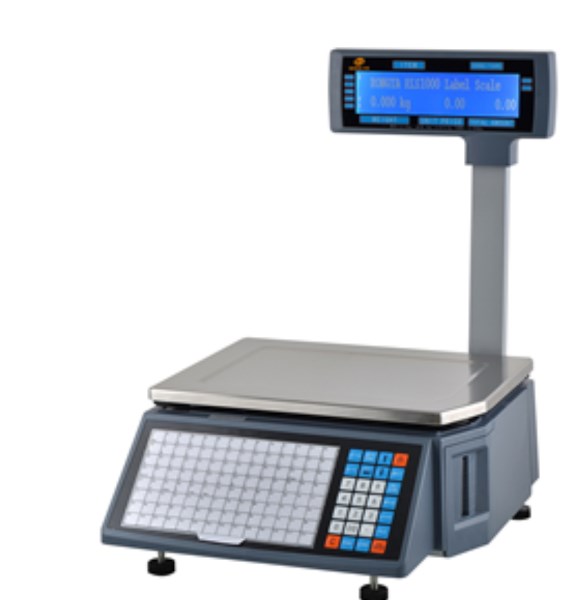
If you need them, these can be a terrific time saving in the shop, particularly if you can put in the price per weight and out pops a price. There are two basic types - label scales and scales, we can help you with both as we can link them into our point of sale system. In operation, label scales will be faster as the items can be weighed in advance, and the items prepared to go. It also speeds up processing at the till.
However, if you are considering getting a scale, here are some quick points that I think you should consider.
- Some have this irritating habit of jumping between two values until it finally settles on a weight. Do you really want to keep waiting while it decides?
- Can it handle the weights systems you require. Some people still require imperial as they get products from the US. Some US scales can only read imperial, and you do not want one of those.
- Also check the design, run your fingers along the edges, one problem some report with their scales is if they are not careful and hit it on the edge it can cut them.
- It can be a problem if you need to switch a scale on before using them, and they are one of those that take forever to boot up. This would not matter if you intend to leave them on all day.
- Check the display is large and clear. The idea after all is that while weighing it, no only you but the customer can read the display too.
- Check that the design can take punishment. It has to last for years. That is why I think the cheap plastic scales are worthless. Retail often is a slap, bang and whack. It needs to be able to take it. Water and drink splashed too. I have seen a scale after coke got spilt on it, and coke and electricity did not get on well together.
- Check the scales regularly, particularly on the high amounts, I have seen scales that underestimate on the top end. Do not trust the supplier, check to see what is the reliable limits of your scale.
- Lastly they need some TLC, and they should if you get them from us last for years.
Hope this helps.


